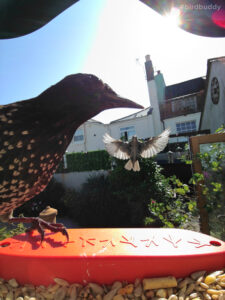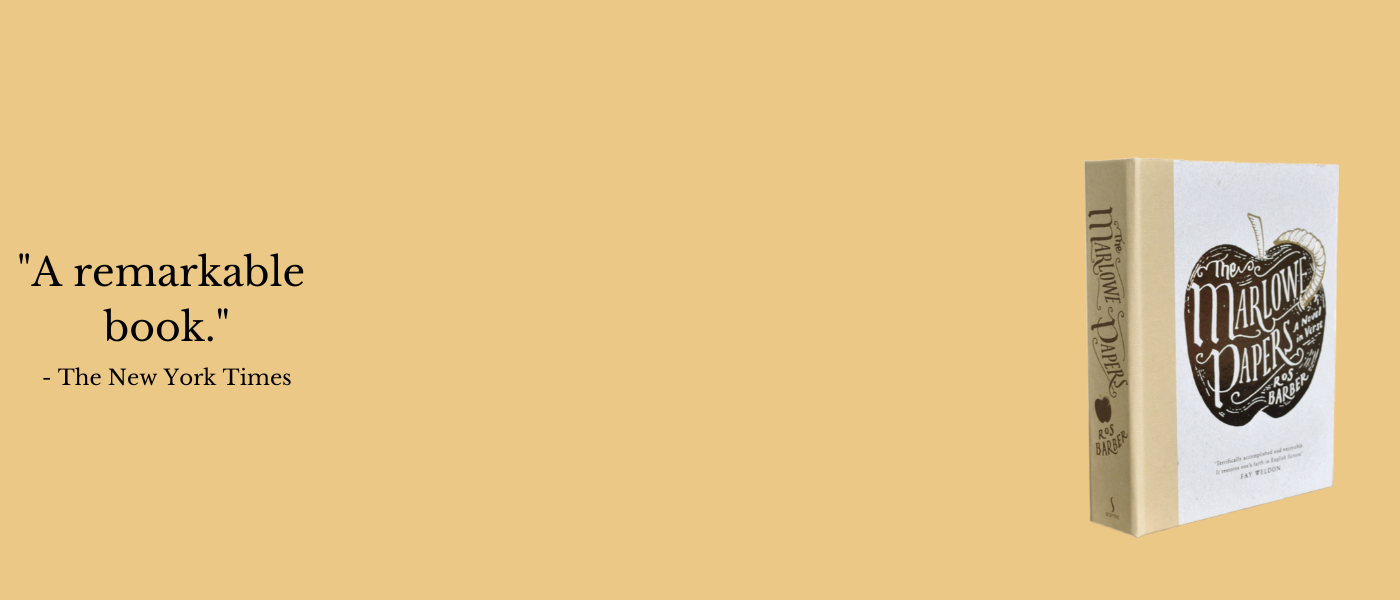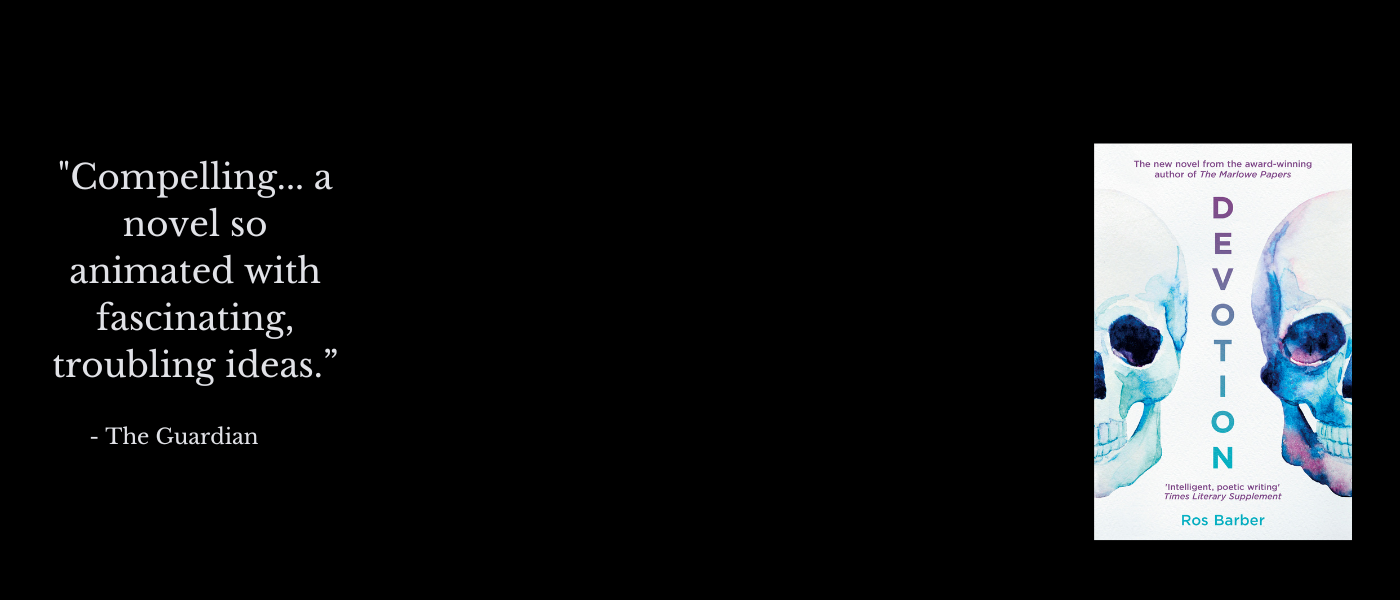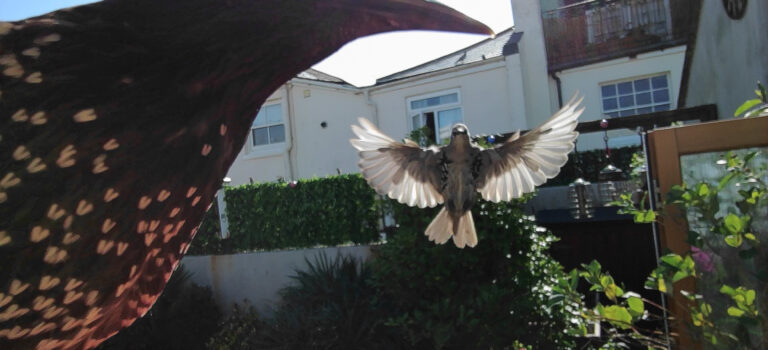 We live in an era that magnifies unhappiness. The 24-hour news cycle mines endless sources of misery and transmits them into our pockets. Social media algorithms heighten loneliness and addiction while rewarding and amplifying outrage and envy. The principle of idiocracy — that dimwits have no issue declaiming their every thought while the intelligent hesitate to contribute — brings pervasive despair as we perceive we are swimming in an ocean of stupidity. Micro-video formats, TikToks and reels, foreground the shallow and idiotic while splintering attention spans.
We live in an era that magnifies unhappiness. The 24-hour news cycle mines endless sources of misery and transmits them into our pockets. Social media algorithms heighten loneliness and addiction while rewarding and amplifying outrage and envy. The principle of idiocracy — that dimwits have no issue declaiming their every thought while the intelligent hesitate to contribute — brings pervasive despair as we perceive we are swimming in an ocean of stupidity. Micro-video formats, TikToks and reels, foreground the shallow and idiotic while splintering attention spans.
Don’t get me wrong. I feast on reels featuring clever dogs, mean cats, and snowboarding toddlers. But I do so chiefly as an antidote to the misery generated by the rest of modern life. And these reel fests spawn long-term unhappiness as you realise you have wasted yet another chunk of your precious existence on the consumption of fluff rather than the creation of substance.
Added to all this, the Information Age has become the Misinformation Age, where we find ourselves so awash with falsehoods (and with insufficient time to investigate their veracity) that we come to trust nothing and no one. I remember when I used to believe the Guardian and the BBC. But now, we live against a backdrop of bias, propaganda, and corruption. A culture where nuance is dead and investigative journalism on a gurney under shock paddles.
The human results of this magnified misery are all around us. Hurt people hurt people, and many of us are experiencing more than a small ladling of strangers shouting at us online or in the street. Even posting positive content can provoke fury from those whom social media is relentlessly goading (whether activists, conspiracy theorists, or those struggling with their mental health; not mutually exclusive groups).
What can a person do to make a positive contribution? In my lifetime, there has never been a more challenging time to stay emotionally afloat, yet we must make every effort to do that. I met an environmental activist the other day who is clearly a joyful being but terrified about how we might save the planet when we may only have ten or fifteen years before a catastrophic tipping point. From an existential point of view, it has never been more critical to get our shit together. Yet here we are, paralysed by anxiety and outrage, shouting at ‘the other side’ or soothing ourselves with puppy videos.
When I look at what society is going through, I see what I went through, alone, 23 years ago. A self-destructive despair and rage and nihilism. A sadness so extreme that it looks like madness. In short, a nervous breakdown.
There is a possibility of extinction at the end of it, as there was for me in 2000. But the human survival instinct is a powerful thing. And despite appearances, we are a brilliant, resourceful and inventive species, gifted like no other with the capacity to alter our destiny and change our environment for the better.
My first degree was in biology, and in my final year, one of my four specialities was Evolution Theory, studying under the genius Professor John Maynard-Smith. The fossil record shows evolution not as a steady curve but as long periods of stasis followed by rapid change in response to powerful environmental forces. Potentially catastrophic changes lead to heightened pressures where organisms must evolve or die.
This is ours. This time of chaos and ramped-up misery (which includes a significantly increased number of deaths) marks an evolutionary moment unknown to humankind since Homo Sapiens took over from the Neanderthal. The necessary shift for our species to survive is to become Human 2.0.
What does Human 2.0 look like? I remember predictions about physical appearance from my childhood: taller, long-limbed, huge-headed creatures. But what is needed in the 2020s isn’t a bodily evolution. The evolutionary pressures are (primarily) not physical but mental, emotional and social. The necessary evolution is an evolution of consciousness.
When we understand that we are all intimately and intricately connected, that we are essentially cells in the body of a single organism, we will have the means to stop the misery. The most fundamental tenets of every religion have recognised the Golden Rule: do as you would be done ny. The reason it sticks is because what we do to others, we are actually doing to ourselves. I sat on the tube a few months ago and tried this: I looked at every person in turn and saw them as my brother or sister. I looked into their blank, smiling, or suffering faces and sent love to them as if they were my closest family. There was no question that I was the chief beneficiary.
How do we fix the world? We start with ourselves. We start by curing our own unhappiness. We stop being part of humanity’s cancer and return ourselves to health by turning our attention away from the misery. The same way I recovered from my breakdown 23 years ago is how we as a society recover. Individually, instead of looking at what we lack, what makes us miserable or furious, we turn our attention to every tiny good thing we can find. Appreciate every small joy, beauty, and convenience our eyes or mind can light upon. This way, each of us becomes a little mill of happiness. By tending to ourselves, we tend to others, because the ripple effect works just as powerfully for good as for ill. Put your oxygen mask on first. And deeply, deeply, breathe.



Hey Ros, you are right and it sounds bland. Be the change you want to be is a cliche but this is what I take from what you are saying. I’m not on social media and have no time to watch cute videos. My little bit is to pick up litter, keep fit, encourage diversity, berate my organisation for not doing enough for the planet, include the planet as an actual stakeholder in our business articles of association and so on. But I also have to recognise that we are so insignificant to the Universe and at any rate in a few hundred 1000 years this will all be forgotten. You should watch a video on iPlayer called size matters. Watch the second one in particular as to how they have discovered that galaxies are moving along defined lines in a network reminiscent of the heavenly tree in Avatar. It is the most astonishing image I have ever seen and just confirms how utterly irrelevant, in the nicest possible way, this all is. Sx
Well, ‘Be the change you want to see in the world’ isn’t quite what I was saying in this article although, sure, that’s a cliche for a reason. I was much more pressing the fact that the fossil record shows evolutionary change rapidly occurs due to intense existential crisis and this is ours, and thus can be viewed positively, as it is forcing us into a darkness that will drive us in due course into the light. As to the video you mention, I know it well. From my perspective it doesn’t negate what I’m saying here or indeed have much relevance! But I appreciate that perspective (the Earth disappearing into nothingness) also helps some people cope with the challenges of life at a human scale.